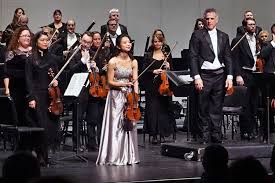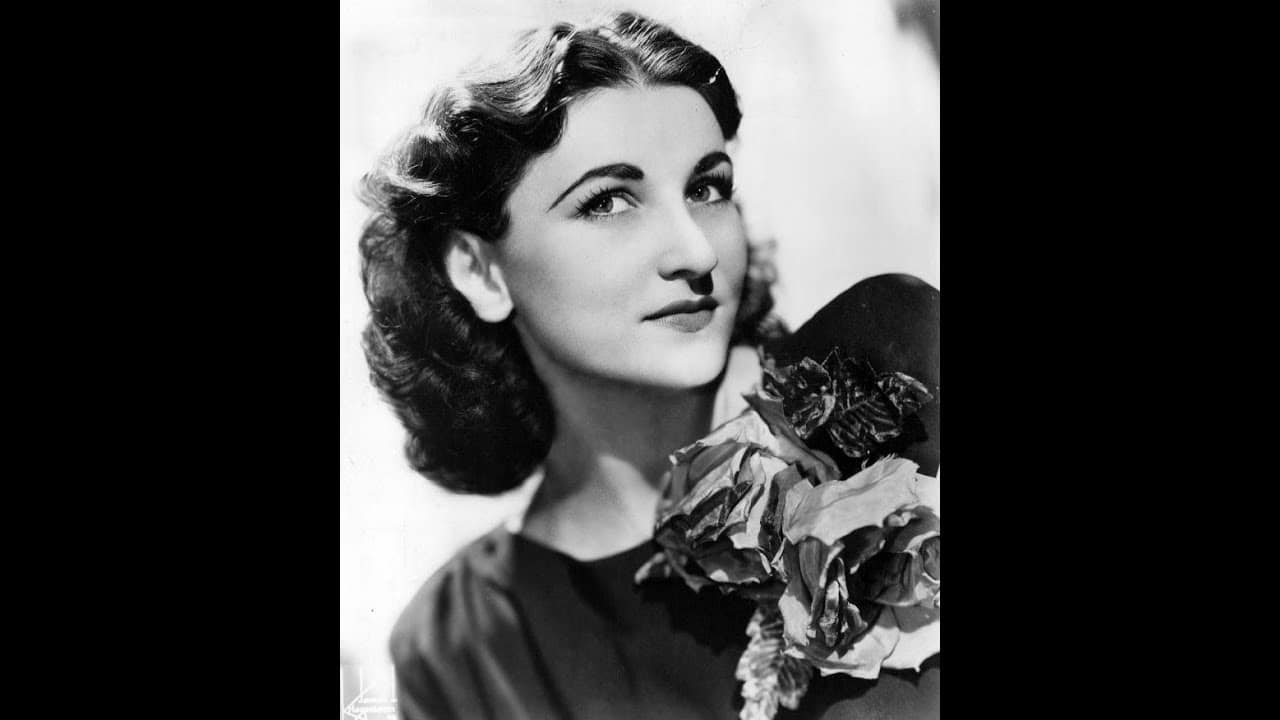Lebrecht essay: Some conductors have too much time on their hands
NewsFrom my monthly contribution to The Critic magazine:
If ever you wonder if conducting is a proper job, ask yourself why so many maestros do other things on the side.
Playing the piano, for instance.
Simon Rattle has been popping up here and there, accompanying his wife Magdalena Kožená in song recitals. Lahav Shani, young baton of the Israel Philharmonic and Rotterdam Phil, plays four-hand concerts with Martha Argerich, who is old enough to be his grandma (but doesn’t look it). Antonio Pappano, the Covent Garden chief, regularly plays lieder at the piano for the tenor, Ian Bostridge.
Yannick Nézet-Séguin, music director of the Metropolitan Opera and the Philadelphia Orchestra, has recorded a solo piano album for Deutsche Grammophon. Myung-whun Chung, ex-head of the Opéra Bastille and the Seoul Philharmonic, has released two solo piano albums on DG.
Why do they do it? Must be too much time on their hands….
Read on here.






Comments